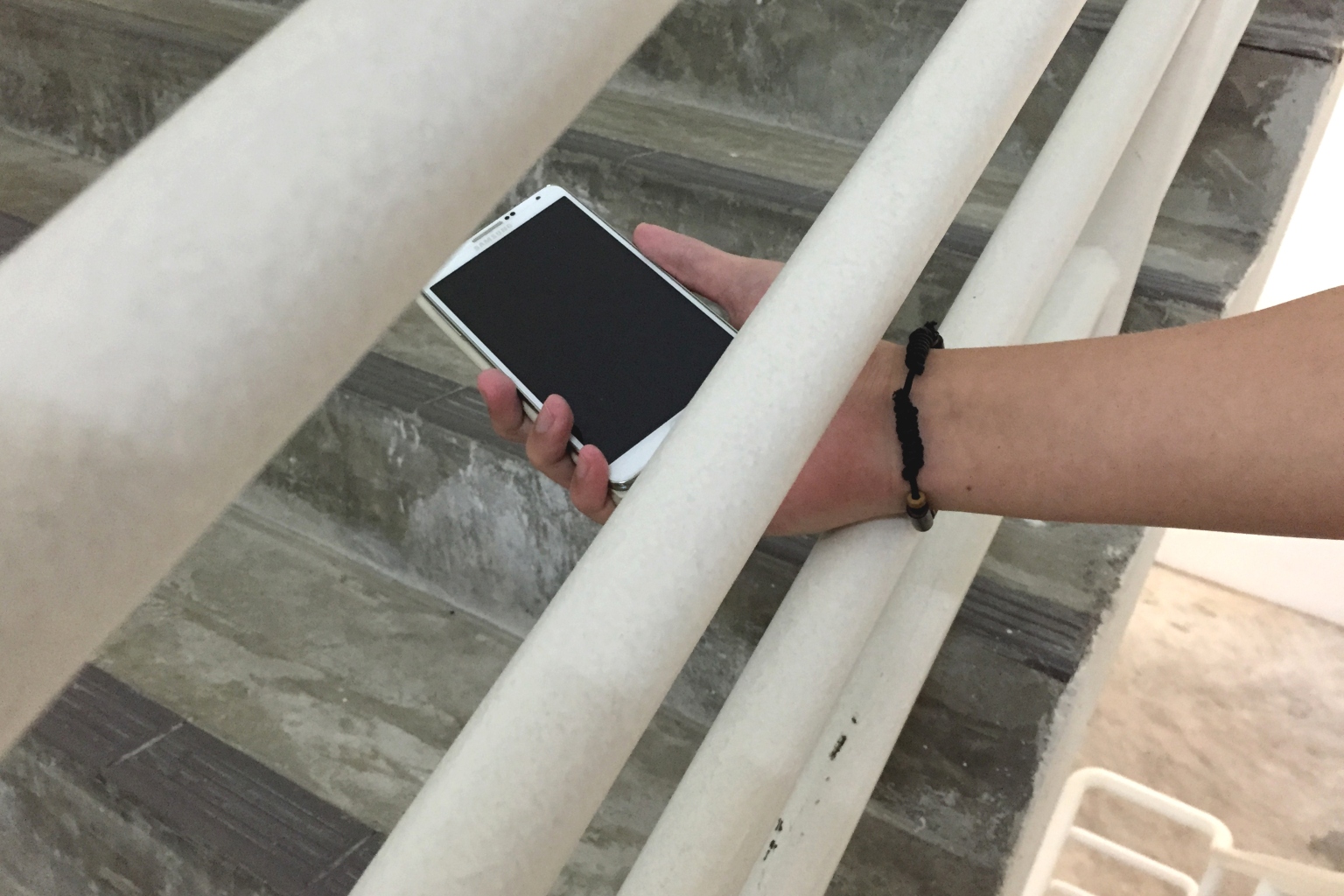70% of tech-enabled sexual violence cases in 2021 image-related, including revenge porn
Sign up now: Get ST's newsletters delivered to your inbox

Taking upskirt videos is also considered an instance of image-based sexual abuse, according to Aware.
PHOTO ILLUSTRATION: ST FILE
SINGAPORE - While attending an online event hosted on video conferencing platform Zoom last year, a woman in her 30s received private messages from two other event participants who asked to see her undressed.
Although she immediately informed the event organiser, no action was taken against the senders of these messages. The woman left the event early to avoid further harassment.
This was one of the cases mentioned by the Association of Women for Action and Research (Aware) on Wednesday (April 20) when it released last year’s figures of technology-facilitated sexual violence.
Aware did not provide further details about the case to protect the identity of the victim.
The association said seven in 10 cases of technology-facilitated sexual violence seen last year involved image-based sexual abuse, including non-consensual distribution of sexual images such as revenge porn, according to the Association of Women for Action and Research (Aware).
This is the highest proportion of image-based sexual abuse cases seen to date by the gender equality group's Sexual Assault Care Centre (SACC).
Aware said that image-based sexual abuse cases were a steadily growing subset of technology-facilitated cases of sexual violence.
In 2020, 65 per cent of technology-facilitated sexual violence cases seen by SACC were image-based sexual abuse cases, up from 61 per cent in 2019.
Technology-facilitated sexual violence is unwanted sexual behaviour carried out via digital platforms such as digital cameras, social media, messaging platforms and dating and ride-hailing apps.
It includes image-based sexual abuse, which involves sexual, nude or intimate photos or videos of another person.
Taking upskirt videos, hacking into a victim's device to retrieve such images or sending a victim pornography or obscene photos are all considered instances of image-based sexual abuse, according to Aware.
Overall, Aware's SACC saw 163 new cases of technology-facilitated sexual violence last year, down from 191 cases in 2020.
Of the 163 technology-facilitated sexual violence cases last year, the perpetrator was someone known to the victim in 134 cases.
The remaining 29 cases involved strangers or cases in which perpetrator's identity was not disclosed to SACC.
About 40 per cent of the victims were between 18 and 24 years old, while 32 per cent were 25 to 34.
Ms Shailey Hingorani, Aware's Head of Research and Advocacy, said the pace at which sexual violence evolves and adapts to new technologies and platforms makes it tough for researchers and support service providers to keep up.
She added: "Who would have guessed, even a decade ago, that image-based sexual abuse would be so diversified and so ubiquitous?
"We have a long and confounding journey ahead of us, fighting this."
Responding to queries regarding the case of the woman who received sexually explicit messages during a Zoom event, Ms Hingorani said: “Event organisers should be alert to the possibility that attendees, staff and other participants may be subject to sexual harassment.”
She noted that victims could take screenshots of the harassing messages and report them to the organisers.
“If the organisers ignore complaints, victims could consider filing a report with the organisers’ human resources department or approaching the Tripartite Alliance for Fair and Progressive Employment Practices. They can also consider filing a police report,” Ms Hingorani added.
Dr Annabelle Chow, principal clinical psychologist at Annabelle Psychology, told The Straits Times that technology-facilitated sexual violence may be traumatic for victims, who may experience anxiety, depression, and suicidal thoughts, or exhibit symptoms relating to post-traumatic stress disorder.
Dr Chow added: “A long-term repercussion may also be the mistrust of others. When they have been betrayed by someone they believed cared for them, it is difficult for them to repair that trust. This could in turn affect their future relationships.”
Mr Yeo Siang Tiong, general manager for South-east Asia at cyber-security firm Kaspersky, said individuals should be careful about who they are sharing information with and where, especially when it is of a highly private nature.
“Image-based sexual abuse, such as revenge porn, is a particularly nasty version of doxxing as it uses explicit imagery, usually sent between parties who trust each other, to try to dox or manipulate a victim,” he said.
Mr Yeo noted that such criminal activity is more prevalent than expected due to the increase in explicit photos and videos being kept on personal devices.
He added: “Think before you post. Be mindful of who you share your data with and when. Always consider how the content you share online might be interpreted and used by others.”


